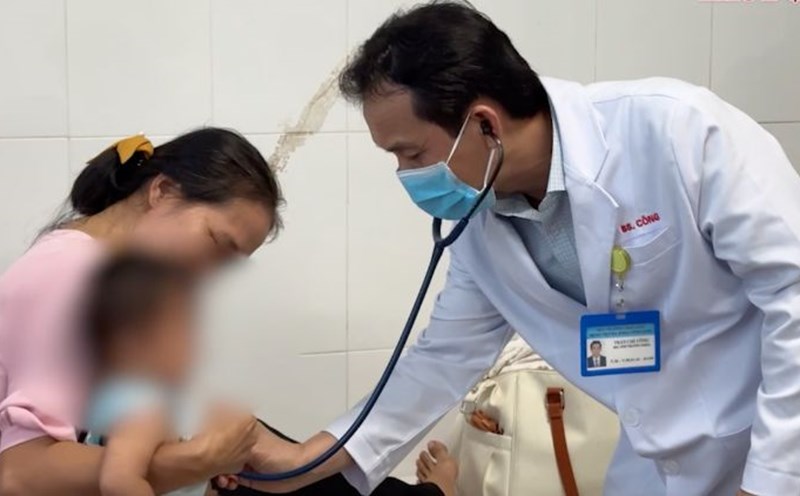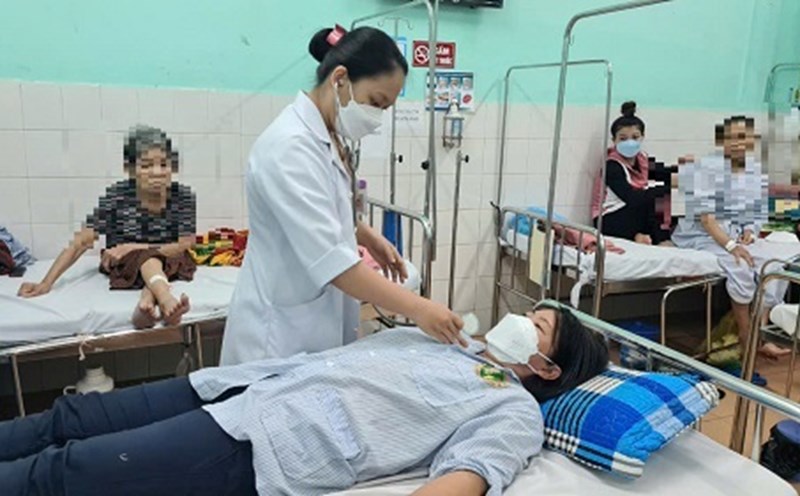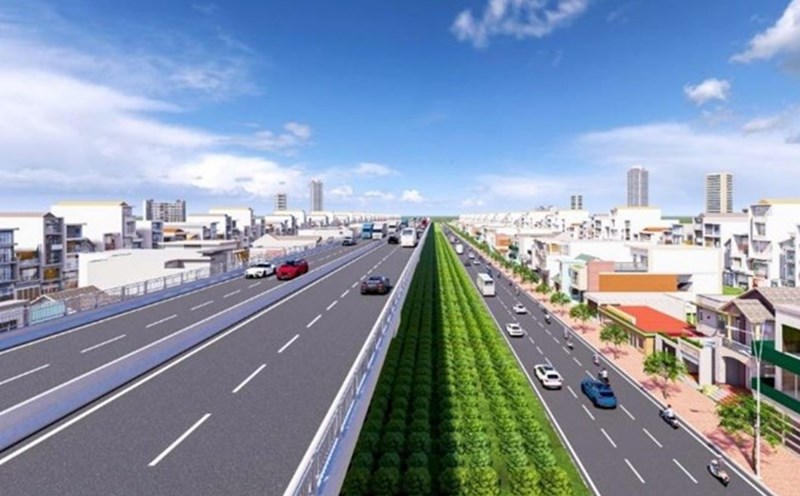Hospital fee exemption policy closely linked to coverage of all-people health insurance
Sharing with Lao Dong reporter, Director of the Department of Health Insurance (Ministry of Health) Tran Thi Trang said: The policy of public hospital fees exemption must be based on the pillar of health insurance, and at the same time, there must be a roadmap. The State and the health insurance fund will pay for basic and essential medical expenses, minimizing the financial burden on people, especially children, people from poor households, near-poor households, disadvantaged people, and social policy beneficiaries. For the part of medical services as required, exceeding the basic level, patients still have to pay a part.
"The hospital fee exemption policy must still be closely linked to the coverage of the whole people's health insurance, everyone participates in health insurance to share risks, people with conditions to care for the poor, healthy people to support the weak, along with support from the State budget" - Ms. Trang said.
Exemption from hospital fees for all people will require a large financial resource.Ms. Trang gave an example: For the whole population to have free periodic health check-ups at least once a year, with an average cost of about 300,000 VND/examination, it will require an additional 25,000 billion VND per year for about 84 million people - who are not entitled to the policy according to the provisions of the labor law (about 16 million workers are currently paid by employers).
screening programs and early detection of some common diseases and basic health service packages implemented by health stations also need to be supplemented with funding.Therefore, it will be necessary to consider the capacity of the health insurance fund and the State budget to determine which diseases need screening, which health services are included in the free program according to the roadmap and priority subjects, ensuring balance and feasibility.
To balance, the State will combine many resources, from the State budget, health insurance fund and mobilize social resources. In particular, it is necessary to consider deducting revenue from special consumption tax on products that are harmful to health such as cigarettes, alcohol, beer, soft drinks, which have both disease prevention and funding for hospital fees.
To implement the hospital fee exemption policy, in addition to supplementation from the State budget, it is necessary to gradually increase the level of health insurance contribution according to the roadmap.
Goal of reducing medical costs from people's budgets
According to the roadmap, people are allowed to have free periodic health check-ups once a year at commune health stations with basic testing indicators, X-ray of the heart-lynges, abdominal ultrasound... This can be implemented from 2026. Early screening and disease management are carried out according to the life cycle, from the time they are in the mother's womb to old age.
Along with that, people will be able to have health records, monitor and screen for a number of diseases according to risk factors.
The goal is to strive for people to have 100% of health insurance benefits paid by the health insurance fund at the initial medical examination and treatment level, and the facility registered for initial health insurance examination and treatment at the basic medical examination and treatment level. 100% of grassroots health care facilities have the capacity to effectively provide primary health care.
Ms. Trang said that currently, in Vietnam, the rate of direct spending from household money on medical examination and treatment is still high, accounting for about 40% of medical expenses (average this rate in Thailand: 12%, some other countries in the region account for about 15-17%...). Therefore, the goal by 2035 is to reduce the out-of-pocket spending rate of Vietnamese people to at least the average of Thailand or the same as other countries in the region.
To achieve the above, according to Ms. Trang, it is necessary to comprehensively upgrade grassroots health care, from functions, tasks, organizational models, human resources to equipment, especially in remote areas, there must be enough doctors to examine and treat outpatient diseases, prescribe testing, paraclinical trials, monitor and manage chronic diseases.
In addition, it is necessary to develop a network of family doctors, increase training, improve the quality of medical examination and treatment at the facility, ensure people have convenient, quality and equal access to medical services. Every year, it is necessary to increase the number of doctors to work for a limited period at commune health stations. The State budget needs to have an outstanding monthly support policy on income to attract and "keep" human resources, doctors working at commune health stations, preventive medicine facilities and some areas and priority subjects.
We do not set a goal of absolutely free but aim to minimize peoples out-of-pocket costs, increase health insurance coverage, reduce deaths due to late detection and build a fair, equal, effective, and sustainable health system, leaving no one behind, said Ms. Trang.











